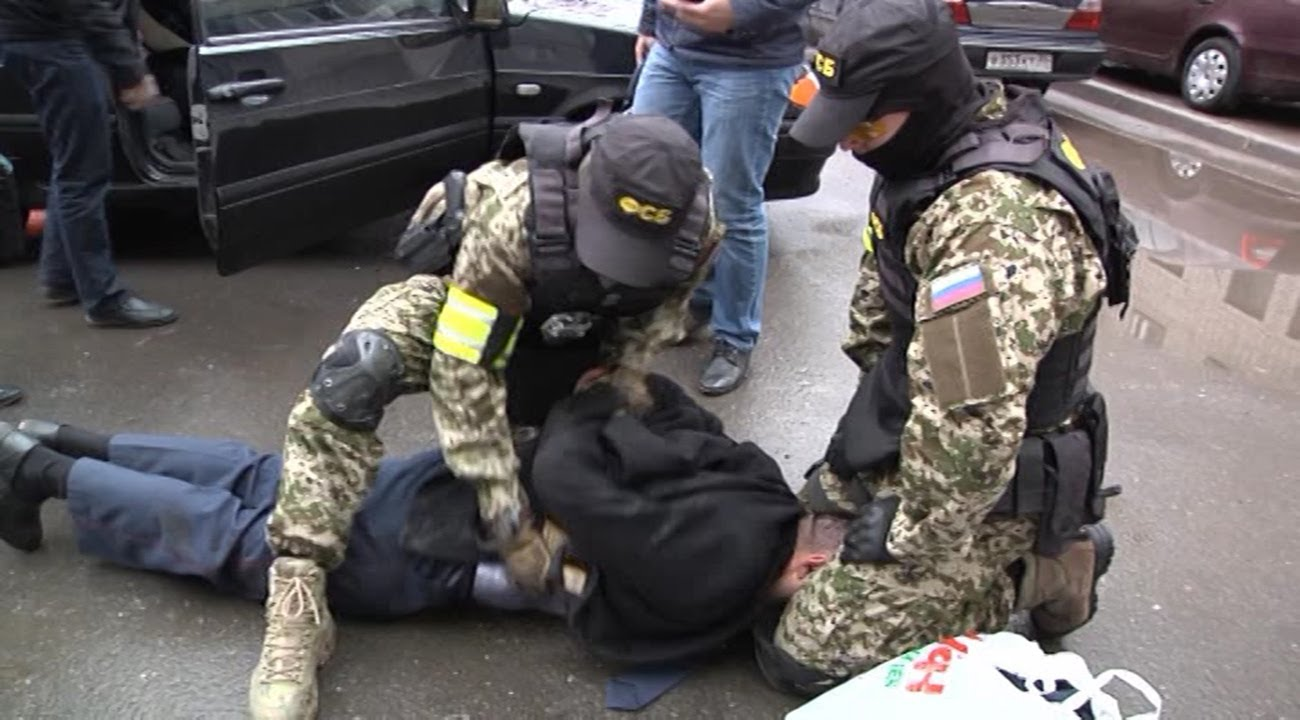- Messages
- 478
- Reaction score
- 340
- Points
- 63
- Telegram
- @forumadmin777
All of us know these magic words: "I wish to remain silent" (5th commandment in the United States and is recognized almost anywhere in the world) and "I want to see a lawyer", they are both a core part of what we do. Yet alot of us slip and spill the beans when being interrogated by the police, making their situation immediately worse. So here are a couple articles on how to (properly) handle the police:
hxxp://www.rense.com/general72/howto.htm
cop: confess motherfucker!
dude: i was told not to talk to the police...
cop: damn
dude: oh, and i want to see my lawyer.........
cop: damn damn!!!
judge: CASE DISMISSED!!!!!!!!
Absolutely right never talk and ask for your lawyer =) and one of the most important... tell your lawyer the whole truth he is the only one who cant by law fuck you heard of many cases of clients lying to their lawyers and they get fucked lawyers are our friends but i hope no one of you guys has to see one. Thanks for the articles elit carder.
lawyers are our friends but i hope no one of you guys has to see one. Thanks for the articles elit carder.
I also wish to state that the above stands mostly for when you are detained/under arrest or about to be.
If you provoke a cop on a regular inspection (e.g. traffic stop) and you immediately execute your rights to remain silent and ask for a lawyer or even refuse to consent to a search it may lead to your demise as it will raise a BIG flag to the police officer, and if you look/act suspiciously he may search you regardless of what you say (remember, there are plenty of cops out there that don't play by the rules.)
So unless you have your carding equipment laying about in your car, a "search" will most likely result in a few taps on the immediate interior and that's it.
As for house searches, never EVER agree to any searches. If police are at your doorstep asking to get in most likely you are compromised in some way.
As for talking, it is a best practice to appear to be non-threatening "Average Joe" when casually confronting with any form of authority, so unless you are detained or under arrest, there are 1001 ways to lie your way out, or at the very least give yourself a big enough window to gtfo.
Here are a couple more videos on how to keep marijuana business safe, many points apply our biz:
Never Get Busted Again: Traffic Stops (Vol. 1)
hxxp://hotfile.com/dl/30040692/d2456cb/b1u3eyes.Never.Get.Busted.Again.part1.rar.html
hxxp://hotfile.com/dl/30040694/68e6bed/b1u3eyes.Never.Get.Busted.Again.part2.rar.html
hxxp://hotfile.com/dl/30040697/b629db3/b1u3eyes.Never.Get.Busted.Again.part3.rar.html
hxxp://hotfile.com/dl/30032209/d1b9965/b1u3eyes.Never.Get.Busted.Again.part4.rar.html
Never Get Raided (Vol. 2)
hxxp://www.megaupload.com/?d=0HSFKLTU
hxxp://www.rense.com/general72/howto.htm
cop: confess motherfucker!
dude: i was told not to talk to the police...
cop: damn
dude: oh, and i want to see my lawyer.........
cop: damn damn!!!
judge: CASE DISMISSED!!!!!!!!
Absolutely right never talk and ask for your lawyer =) and one of the most important... tell your lawyer the whole truth he is the only one who cant by law fuck you heard of many cases of clients lying to their lawyers and they get fucked
I also wish to state that the above stands mostly for when you are detained/under arrest or about to be.
If you provoke a cop on a regular inspection (e.g. traffic stop) and you immediately execute your rights to remain silent and ask for a lawyer or even refuse to consent to a search it may lead to your demise as it will raise a BIG flag to the police officer, and if you look/act suspiciously he may search you regardless of what you say (remember, there are plenty of cops out there that don't play by the rules.)
So unless you have your carding equipment laying about in your car, a "search" will most likely result in a few taps on the immediate interior and that's it.
As for house searches, never EVER agree to any searches. If police are at your doorstep asking to get in most likely you are compromised in some way.
As for talking, it is a best practice to appear to be non-threatening "Average Joe" when casually confronting with any form of authority, so unless you are detained or under arrest, there are 1001 ways to lie your way out, or at the very least give yourself a big enough window to gtfo.
Here are a couple more videos on how to keep marijuana business safe, many points apply our biz:
Never Get Busted Again: Traffic Stops (Vol. 1)
hxxp://hotfile.com/dl/30040692/d2456cb/b1u3eyes.Never.Get.Busted.Again.part1.rar.html
hxxp://hotfile.com/dl/30040694/68e6bed/b1u3eyes.Never.Get.Busted.Again.part2.rar.html
hxxp://hotfile.com/dl/30040697/b629db3/b1u3eyes.Never.Get.Busted.Again.part3.rar.html
hxxp://hotfile.com/dl/30032209/d1b9965/b1u3eyes.Never.Get.Busted.Again.part4.rar.html
Never Get Raided (Vol. 2)
hxxp://www.megaupload.com/?d=0HSFKLTU
Last edited:


